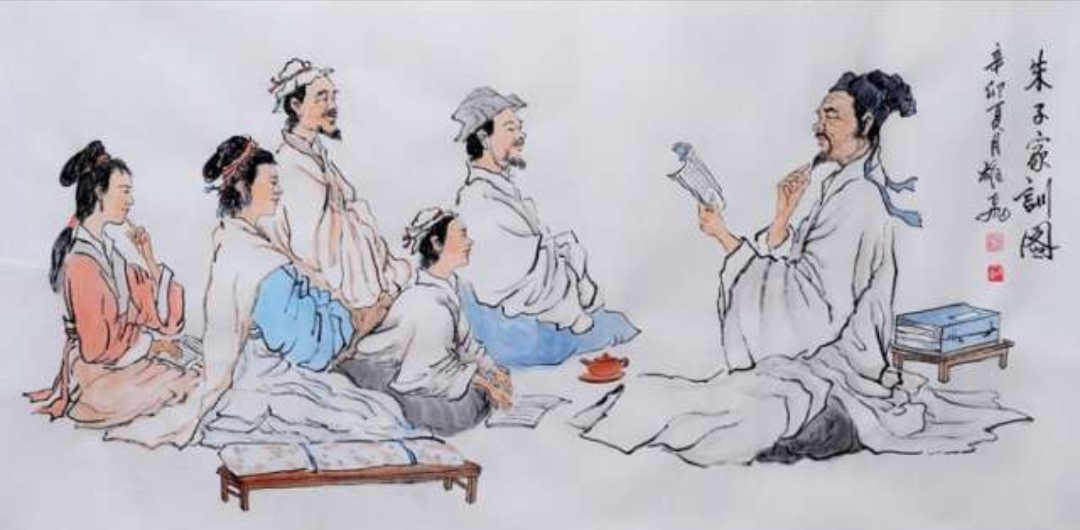Confucianism
The Intellectual Treasure of Chinese Civilization, A Timeless Source of Morality and Wisdom

Confucianism, as one of the core elements of traditional Chinese culture, was founded by the great philosopher Confucius during the Spring and Autumn period. This intellectual system has profoundly influenced Chinese history and has had a lasting impact on East Asia and the world at large. With its unique views on morality, social order, and human compassion, Confucianism has become a cornerstone of Chinese civilization, drawing countless visitors and scholars to explore the origins of this ancient wisdom.
The central tenets of Confucianism are "Ren, Yi, Li, Zhi, and Xin," which translate to benevolence, righteousness, propriety, wisdom, and faithfulness. Confucius believed that Ren (benevolence) is the foundation of being human and the guiding principle for interpersonal relationships; Yi (righteousness) is the standard for behavior, emphasizing fairness and justice; Li (propriety) is the basis of social order, advocating respect for others and adherence to social norms; Zhi (wisdom) represents the pursuit of knowledge and learning; and Xin (faithfulness) underscores the importance of honesty and trustworthiness. These principles not only dominated ancient Chinese society but also continue to shape modern values and moral codes.
The spread and development of Confucianism are closely tied to many of China's significant cultural heritage sites. The "Three Confucian Sites" in Qufu— the Temple of Confucius, the Cemetery of Confucius, and the Kong Family Mansion—are the birthplace and symbol of Confucian culture. Every year, thousands of visitors and scholars come here to follow in Confucius' footsteps and experience the profound influence of Confucian thought. Here, you can visit the shrine where Confucius is venerated, learn about his life and deeds, and feel the solemnity and depth of Confucian culture.
Confucianism is not only reflected in philosophy and ethics but also deeply integrated into China's traditional education, politics, and social life. The ancient imperial examination system, which was based on Confucian classics, cultivated generations of scholars and provided intellectual and moral support for governance. In contemporary Chinese society, Confucianism remains a crucial part of education and social ethics, with its emphasis on patriotism, moral self-discipline, and social responsibility continuing to play a vital role in modern life.
For visitors who love culture and history, gaining an in-depth understanding of Confucianism offers a journey filled with wisdom and inspiration. You can trace the historical roots of Confucian thought in museums and cultural sites and participate in traditional cultural activities such as reading the classics, attending lectures, and joining in Confucian rituals to experience its modern-day relevance and application firsthand.
If you wish to gain deeper insights into the roots and wisdom of Chinese culture, Confucianism will open a window into the heart of Chinese civilization. It is not only a treasure of Chinese thought but also a shared spiritual wealth for all humanity.
HOT
- Squirrel-Shaped Mandarin Fish: An Artistic Masterpiece of Su Cuisine, A Sweet and Sour Visual Feast
- Majestic Yangtze River's Three Gorges: A Grand Poem of Nature
- Buddha Jumps Over the Wall: The Pinnacle of Fujian Cuisine, a Perfect Blend of Culture and Flavor
- The Three Confucian Sites of Qufu: The Sacred Ground of Confucianism, A Well of Ancient Wisdom
- Xijiang Qianhu Miao Village
0 Comments
LEAVE A REPLY